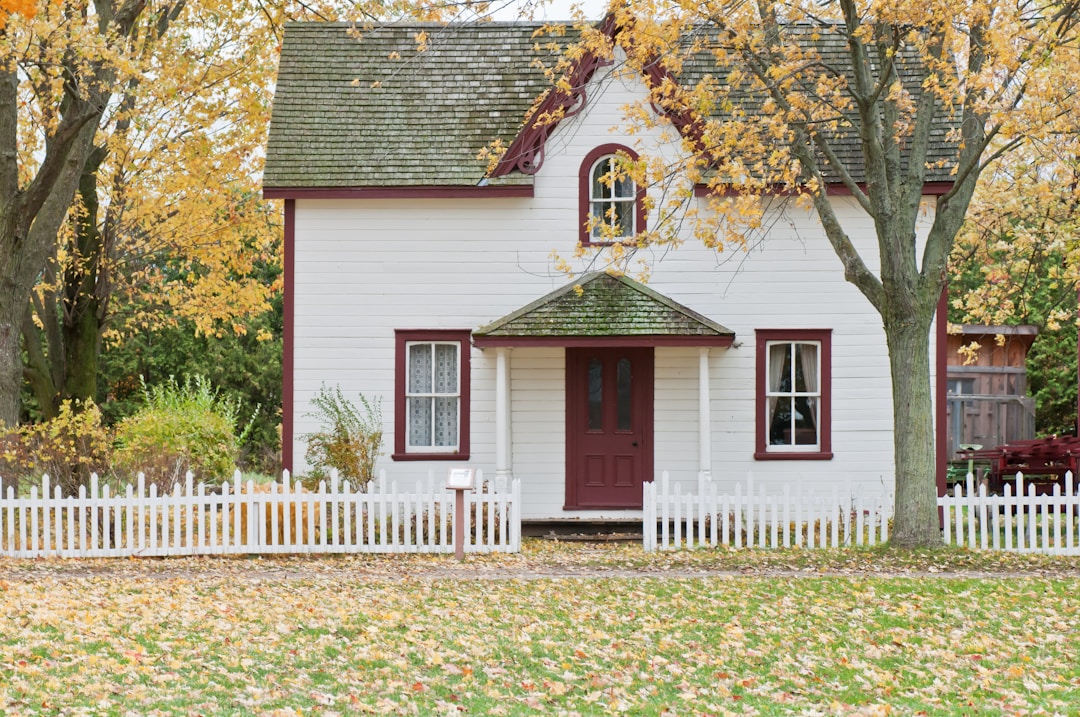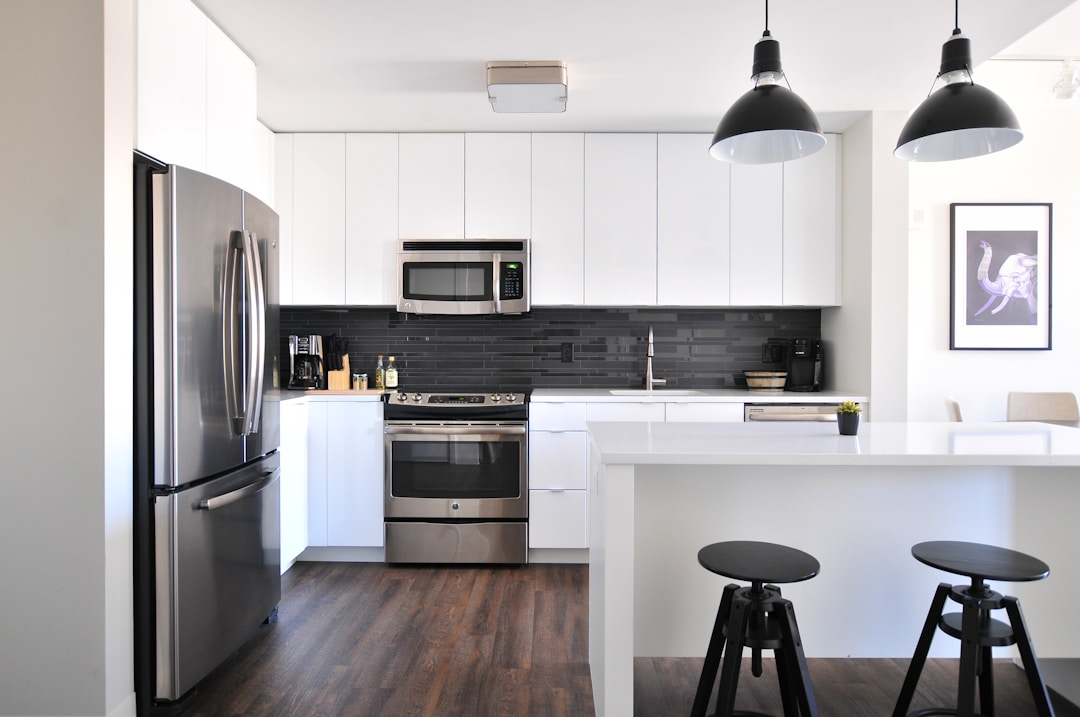Real estate investments are a powerful way to increase your net worth over the long term. Investors have been leveraging their credit scores, down payment ability, and the property market to their advantage for generations, so much so that some of the world’s most successful entrepreneurs got their starts with a portfolio of real estate holdings. Approaching a local real estate agent or property manager to get you started after your first home is a great way to learn the ropes of landlord activity, property taxes, flip loans, and the bevy of lenders out there for a real estate investor.
There are two primary means of growing your assets with real estate, and new investors going into the fold will want to identify an income stream that best suits their needs and risk tolerance level in order to focus on one investment strategy or the other. After growing into the market you may choose to swap over or create a new stream of income that includes both types of property buys, but for the time being, sticking to one is your best bet. This means choosing between growing rental income or flipping houses for lump-sum payouts. Each comes with its benefits, but they both carry a unique risk factor that must be accounted for.
Flipping Homes For Quick Profits

Combing through online real estate records is a great way to get your start in the home flipping market. Essentially, flipping homes is the process of targeting foreclosures or heavily discounted properties and making quick renovations in order to boost the resale value in a hurry. Homeowners all over the United States try to sell their homes quickly for a variety of reasons, and many of these fast sales come in the form of houses that haven’t been well cared for. Whether a bank-owned property has hit the auction market or a homeowner is simply trying to move on as quickly as possible from a property, buying a discounted home is a great way to lock in the potential for major profit.
Home flippers rely on fix and flip loans in Oregon in order to gain access to a low-cost stream of financing in a hurry. The key in any flipping market is speed, and private lenders are often the best way to go when working to rapidly purchase and resell a home for flipping profits. It’s particularly important to structure a home loan for this type of real estate transaction in a way that suits your needs because you will only own the home for a short period of time. Your goal here is to lock in as much savings upfront as possible so that you don’t have to pay much – or anything, ideally – out of pocket before your sale goes through and you can cash in on the profit. Real estate agents and lenders understand this desire and are great partners when it comes to financing a flip loan for your real estate purchase.
Lenders will be paid back in a lump sum when you do successfully sell the home, so the lower your monthly payments are upfront, the better. Remembering this relationship is crucial to finding success as a home flipper. Your profits are tied directly to the amount financed, required homeowner’s taxes and upgrades, and monthly payments that roll through your time as the home’s owner. These are all expenses on your investment that should be aggressively targeted in order to keep them to a minimum.
Building A Rental Property Empire

The other primary avenue for real estate investments is rental income. Buying a home that offers renters a hot commodity is a great way to attract monthly payments into your account over the long term. The great thing about rental income and the relationship with your tenant is that acting as a property manager can cover the majority, or perhaps even the entirety of your ownership expenses. Long holding is typical advice for managing real estate properties for this reason.
The property market is on a general uptrend over the long term, and rental prices all over the United States are rising as a result of inflation which surges real estate prices. This means that a tenant five to ten years from now might be paying 15-20% more in rent than your current tenant. The rise in income stands in stark contrast to your own expenses; monthly payments on the mortgage loan remain static while your income on the property continues to rise over time. This means that barring any extreme maintenance needs, your return on investment will continue to amplify based on the number of years you own the property (added to the eventual resale price that you get when you decide to shift the home). Finding the right home to create rental income with is an important step here. There are a number of things to do before buying your first home for the rental marketplace. These include a system-wide check for issues in the windows, roof, and air conditioning.
Getting your real estate purchases right takes a careful eye, but starting with a knowledgable approach to the market will streamline this process and bring you profit in rapid time.











